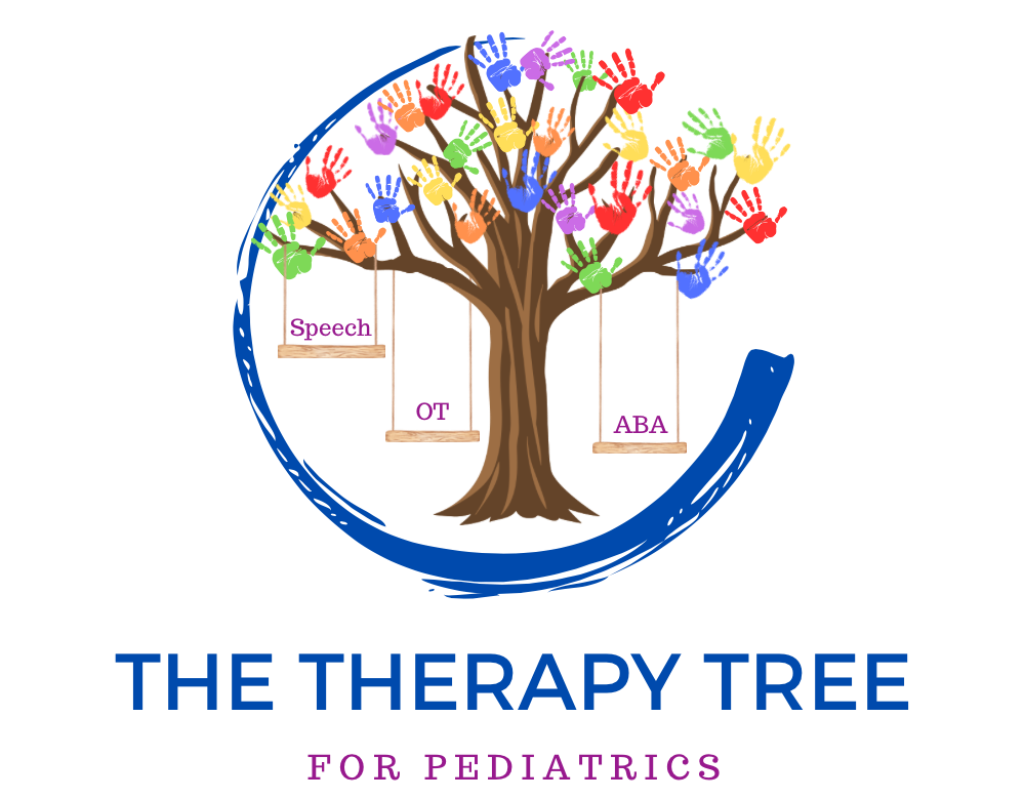Understanding Dyslexia Testing: Early Signs and Why Early Intervention Matters
Dyslexia is a common learning difference that affects a child’s ability to read, write, and spell. It is not related to intelligence but rather to how the brain processes language. Identifying dyslexia early is essential for providing the support children need to succeed academically and build confidence in their abilities.
What Is Dyslexia?
Dyslexia primarily affects skills involved in accurate and fluent reading. Children with dyslexia may have difficulty recognizing letters and sounds, blending sounds into words, or understanding the structure of written language. While these challenges can be frustrating, they are manageable with the right tools and interventions.
Signs of Dyslexia in Children
Dyslexia can present differently depending on a child’s age and development. Some common signs include:
- Delayed speech development or trouble pronouncing words
- Difficulty learning letters, numbers, or their sounds
- Problems with rhyming or recalling words
- Struggling with reading fluency, even with familiar words
- Avoidance of reading or writing activities
- Trouble following multi-step instructions
If a child is showing these signs, it may be time to consider dyslexia testing.
What Is Dyslexia Testing?
Dyslexia testing is a comprehensive assessment that evaluates a child’s reading and language skills. The process typically involves:
- Reviewing a child’s academic and developmental history
- Observing their reading and writing abilities
- Conducting standardized tests to measure phonological awareness, decoding skills, and comprehension
Testing is conducted by professionals such as educational psychologists, speech therapists, or specialized educators. It provides a clear understanding of the child’s strengths and challenges, forming the basis for tailored intervention strategies.
The Importance of Early Intervention
Early identification of dyslexia is critical because it allows for timely intervention. When children receive support early, they are better equipped to overcome reading challenges and develop strong literacy skills. Interventions may include specialized reading programs, one-on-one tutoring, or speech and language therapy.
Children who receive help early often show significant improvement in their reading abilities, reducing frustration and boosting their self-esteem. On the other hand, undiagnosed dyslexia can lead to academic struggles, anxiety, and a negative attitude toward learning.
Supporting a Child with Dyslexia
Parents and educators play a vital role in helping children with dyslexia thrive. Encouraging a love for books, celebrating small successes, and providing access to tools such as audiobooks can make a big difference. Collaborating with specialists and advocating for appropriate accommodations in school, such as extended test time or oral instructions, can further support a child’s progress.
Dyslexia is not a roadblock—it’s simply a different way of learning. With early testing, effective strategies, and consistent support, children with dyslexia can unlock their full potential and achieve academic and personal success.
